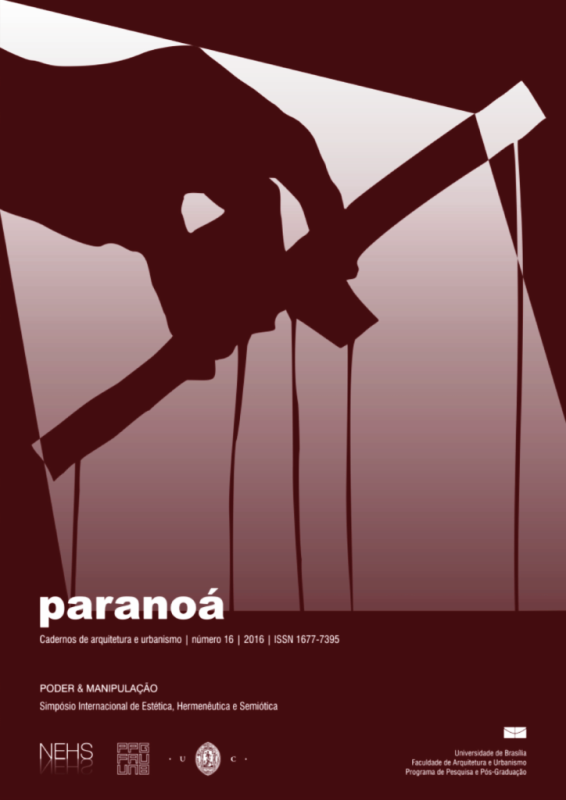“As Ilhas dos Abençoados” - arte política e mito no Górgias de Platão
DOI :
https://doi.org/10.18830/issn.1679-0944.n16.2016.03Mots-clés :
Estado ideal, Retórica, Política, Arte política, Homem de EstadoRésumé
O texto do Górgias de Platão esta na seleta parte dos diálogos responsáveis pela discussão do Estado Ideal e o homem de Estado. Mesmo, que se defina a obra como um tratado acerca da retórica, este elemento principal se conecta a discussão do Estado Ideal, como o pode também ser observado na República, Crítias, ou no Timeu. Afinal, o homem de Estado não é exatamente e tão somente o príncipe, ou o basileus, mas para Sócrates é o homem político, todo aquele cuja voz na pólis se faz ouvir por força ou direito. Há um grave problema no discurso socrático quando sua retórica se estimula pelo poder das palavras em oposição aà realidade das ações. Então aparece a verdadeira arte política que põe o poder em xeque por meio de reações adversas, quando para o filósofo é difícil convencer o ouvinte sobre a pedagogia essencial da formação do político (Dois exemplos em Plutarco, o de Demóstenes e Cícero, dialogam tão bem, com o discurso de Sócrates acerca deste embróglio). O mythos como narrativa passa a ser a última tentativa de explicação sobre o papel político do homem de Estado. Sócrates, por fim desenvolve uma fábula ou narrativa (Mythos) chamada a Ilha dos Abençoados.
Téléchargements
Téléchargements
Publié-e
Comment citer
Numéro
Rubrique
Licence
Autores que publicam nesta revista concordam com os seguintes termos:
- Autores mantém os direitos autorais e concedem à revista o direito de primeira publicação, com o trabalho simultaneamente licenciado sob a Licença Creative Commons Attribution que permite o compartilhamento do trabalho com reconhecimento da autoria e publicação inicial nesta revista. http://creativecommons.org/licenses/by/4.0
- Autores têm autorização para assumir contratos adicionais separadamente, para distribuição não-exclusiva da versão do trabalho publicada nesta revista (ex.: publicar em repositório institucional ou como capítulo de livro), com reconhecimento de autoria e publicação inicial nesta revista.
- Autores têm permissão e são estimulados a publicar e distribuir seu trabalho online (ex.: em repositórios institucionais ou na sua página pessoal) a qualquer ponto antes ou durante o processo editorial, já que isso pode gerar alterações produtivas, bem como aumentar o impacto e a citação do trabalho publicado (Veja O Efeito do Acesso Livre).















